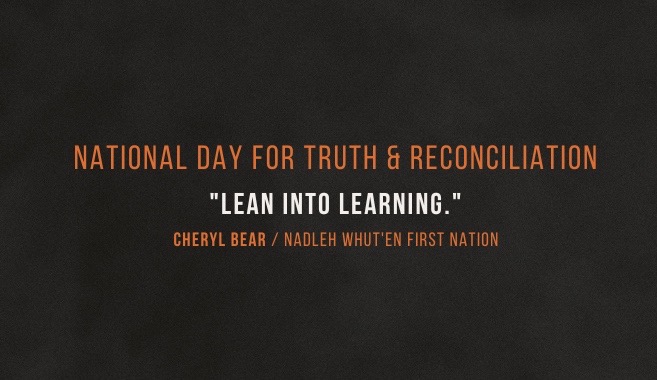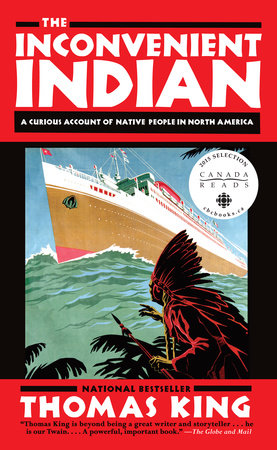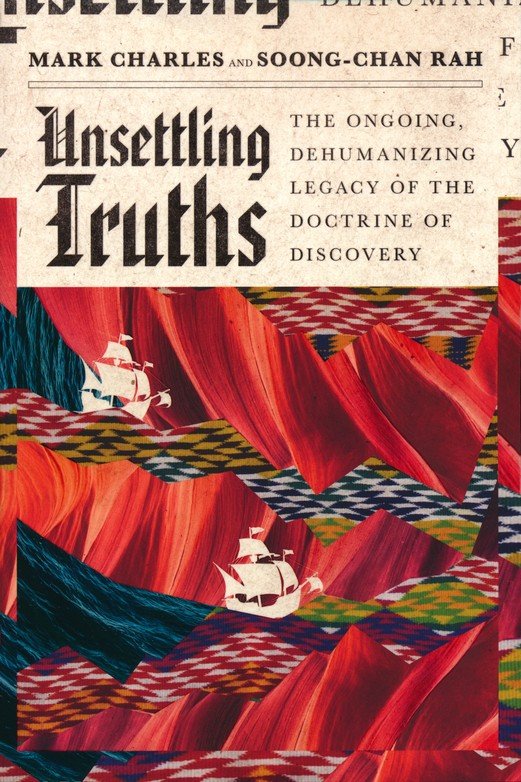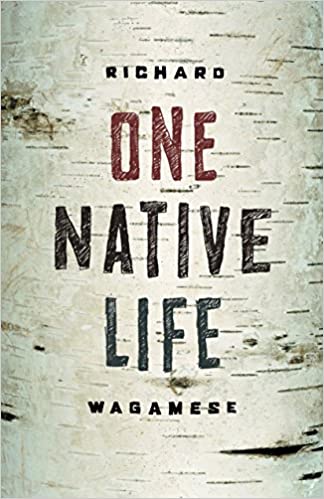For our second National Day For Truth and Reconciliation I thought I’d share a song that has deeply impacted me, and then a few books you might want to check out.
First, A Song:
It was around 1978 when I first heard Bruce Cockburn perform the song “Red Brother, Red Sister” at a concert in Winnipeg. This line from the lyric cut through me like a knife and forever tethered me to a story I thought, up to that point, was entirely someone else’s:
It left me cryin’ just thinkin’ about it… how they used my Savior’s name to keep you down.
Bruce Cockburn | Red Brother, Red Sister
Here’s a version I recorded recently for an online concert:
Bruce first released this song on his 1976 album In The Falling Dark.
Some Books:
Recently, when asked about first steps for non-indigenous people wanting to meaningfully engage Truth and Reconciliation, Cheryl Bear (Nadleh Whut’en First Nation) simply responded with, “Lean into learning.”
There’s a lot to learn, and so many good books. Most bookstores have an Indigenous section which includes history, memoir, poetry, fiction, humor, etc. But if you find it all a bit overwhelming at the start, here are three books I found to be enormously helpful.
The Inconvenient Indian: A Curious Account of Native People in North America
For those who haven’t yet dug into Indigenous/settler history, Thomas King’s The Inconvenient Indian: A Curious Account of Native People in North America, is a good place to start. I wrote a brief review of King’s book in Goodreads:
If the content wasn’t so devastating it’d be a hilarious book. Thomas King is a skilled writer who magnificently rabbit-trails through 500 years of Indian/Settler history with his entertaining, laconic wit, unique eye and keen intelligence.
However, it’s a bit of an uncomfortable read if you happen to be (as I am) a white, Christian male: King, at one point refers to Christianity as the “gateway drug to supply-side capitalism.”
Ouch!
Read about:
– the white creation of the universal “Indian”
– Hollywood
– Indian Hobbyists
– Dead Indian/ Live Indian/ Legal Indian
– Treaties
– Indian Act
– Trail of Tears
– Conquest Religion/ Seduction Religion
– Old Unimprovable People
– the “Final Solution to the Indian Problem”
– Residential Schools
– AIM
– Land.
Always with an eye for the “ironic slant and chuckle” Thomas King’s Inconvenient Indian gifts us with a privileged insider’s look into why those damn Indians enduringly refuse to become gratefully “white and delightsome.”
Anyone hoping to gain an understanding of the energy behind the current crisis in First Nations/ Canada relations would do well to read this book.
Unsettling Truths: The Ongoing, Dehumanizing Legacy of the Doctrine of Discovery
Another book I would recommend, especially for Christians, is Unsettling Truths: The Ongoing, Dehumanizing Legacy of the Doctrine of Discovery by Mark Charles and Soong-Cha Rah.
If you don’t know what the Doctrine of Discovery is, here is a summary definition from Wikipedia:
The doctrine of discovery is a concept of public international law that was promulgated by Christian European monarchies in order to legitimize the colonization of lands outside Europe. Between the mid-fifteenth century and the mid-twentieth century, this idea allowed European entities to seize lands inhabited by Indigenous peoples under the guise of “discovering new land”, meaning land not inhabited by Christians. The concept of terra nullius was a major part of the discovery doctrine, particularly around the Indigenous people of North America. Terra nullius, meaning that land was empty or void, was a justification for European groups to claim that land for their country, despite the many Indigenous groups already present on the continent.
Significant for people of European descent, and Christians in particular, the Doctrine of Discovery is what gave “theological permission” for white bodies to claim authority over brown bodies, legitimizing colonization, slavery, and dispossession.
The book is important for our understanding of how we’ve come to this moment. But it will surprise the reader to learn that the Doctrine of Discovery is no inert, historical artifact. As recently as 2005, the doctrine was invoked by a United States Supreme Court Judge to deny the Oneida First Nation tribal immunity over their ancestral and territorial lands.
One Native Life
Last on my short list of recommended books is Richard Wagamese’s memoir simply titled One Native Life.
I’m hard-pressed to better describe what the Globe and Mail describes as “a delicate and strangely beautiful book. Each vignette (written in early dawn) seems to radiate from point to luminous point… This is the language of trauma and its miraculous recovery.”
Richard Wagamese (1955-2017) is an Ojibway from the Wabaseemoong First Nation in northwestern Ontario. He is recognized as one of Canada’s foremost Indigenous authors and storytellers. Any of his many books are worth reading, but One Native Life has a rare flow of grace that can only come from an elder who has processed trauma through to healing and open hospitality.
Some Thoughts and a Prayer:
If truth-telling is going to result in meaningful reconciliation, we (Christians in particular) are going to have to sit with the uncomfortable-ness of our complicity in a profound multi-generational evil that is unquestionably embedded into our laws, our culture, and our institutions—not something that happened in our distant past for which we are not responsible, but something that continues to happen for which we are yet response-able.
My friend Jamie Arpin-Ricci once wrote on social media:
All too often a push for reconciliation is merely an effort to resolve the conflict without addressing the systemic problems that caused it. This is why I’m increasingly talking about this issue through the lens of transformative justice, a justice that seeks the restoration of all people while naming, dismantling and replacing oppressive systems.
However, because such an approach requires very difficult and intentional accountability, most are highly resistant to it. It’s easier to reframe the narrative to avoid those systems, even going so far as painting ourselves as victims of the fallout.
May God grant us the sustained love and courage needed to turn this day from a day of lament and mourning into a day of conciliatory joy.




